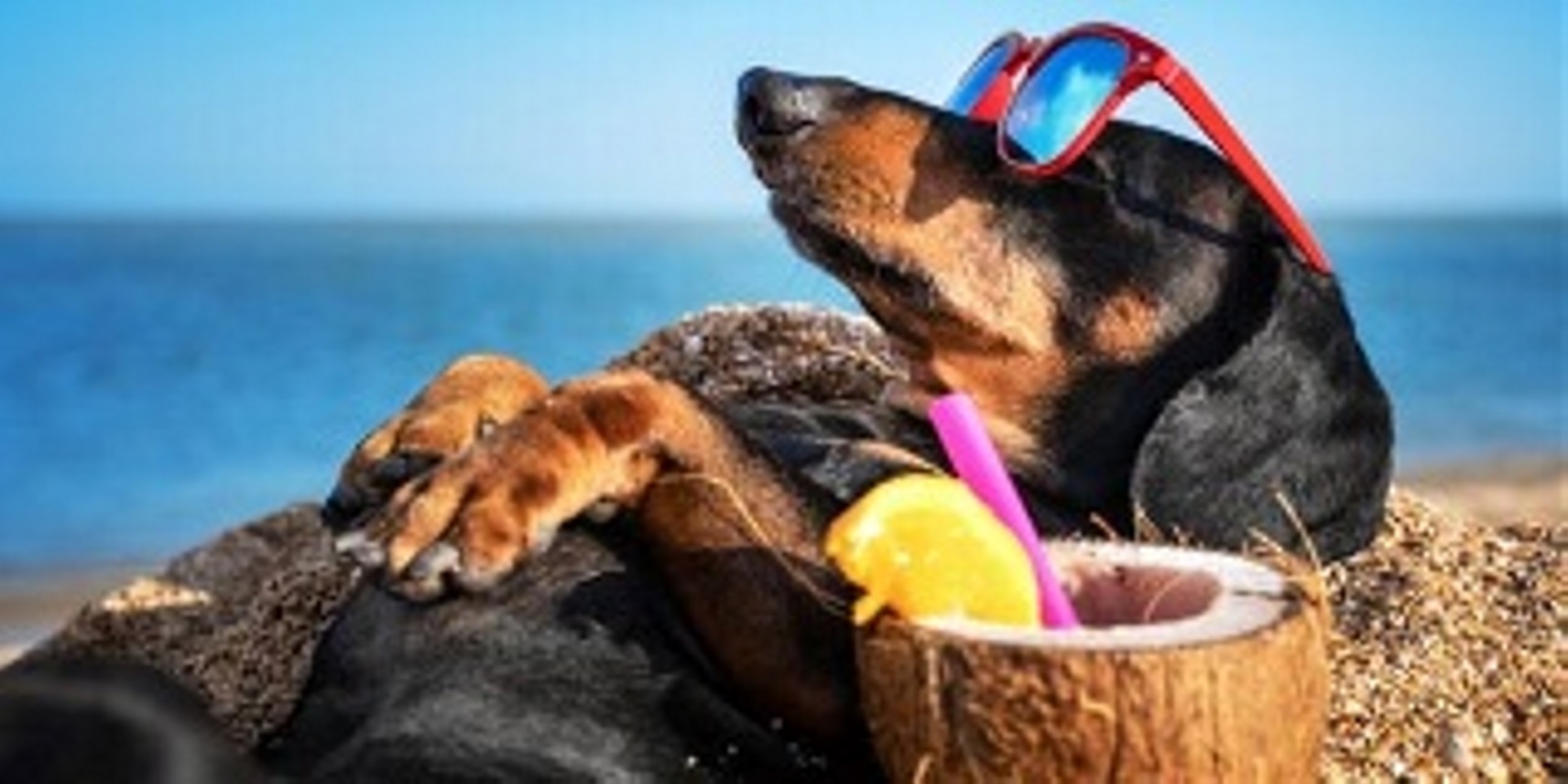Holidaying with your pet - What to consider

With lockdown restrictions beginning to ease and the weather warming, our thoughts are naturally turning to holidays. Due to COVID-19, holidays this year may look different and many of us will stay local to our state. As a pet owner, this might mean considering
holidaying with your pet.
Below are a few things to keep in mind when planning a holiday with your pet.
Before you travel
Parasite protection
- Your pet may be exposed to different parasites at holiday locations. Important parasites to protect against include Heartworm, intestinal worms, and flea and tick protection – especially paralysis tick protection if holidaying near the coast. Sadly, many unprotected animals are exposed to paralysis ticks when visiting areas where ticks are endemic. In general, it is good to allow two-weeks for paralysis tick preventatives to reach optimum protective levels before travelling.
- Check and booster your pet’s vaccinations if needed. This will ensure protection for your pet and give you piece of mind if you need to book them in for emergency boarding. Consider taking a picture of your pet’s vaccination certificate on your mobile phone so you can reference it if needed.
Research your destination
- Look for secure fencing to help keep your pets safe.
- Yards should be free of hazards and debris which could cause injury.
- Research any local hazards such as snakes in the region you are visiting.
Food and medicine needs
- Make sure you have enough to last the length of your trip, as changing diet and missing medication can cause complications.
- Do not leave food or medications in hot cars for extended periods of time.
Contact details
- Check and update your pet’s microchip details if needed, including phone and email addresses. This will ensure your pet can be traced to you if they are lost.
Summer hazards
- Heatstroke – many holidays happen over summer when temperatures in cars can rise to dangerous levels. Always ensure access to clean, fresh water and never leave animals unattended in cars.
- Exercise – exercising in the middle of the day is hard work for all breeds but can be fatal for brachycephalic breeds such as bulldogs or pugs. Make sure you have a plan B for your pet if you plan on doing a lot of activities in the middle of the day.
- Snake bites – snakes also increase their activity in warmer weather, which can pose a risk to curious pets. Early veterinary attention is vitally important for your pet if they’re bitten by a snake.
- Bushfires – as the last bushfire season taught us, natural disasters can occur anywhere and at any time. Being prepared for bushfires as much as possible, also includes having a plan for your animals.
For car travel
- Anxious pets can become nauseous in the car. If you are planning a long journey, it can help to prep your pets for this. Frequent, smaller car trips accompanied by praise, rewards and calm behaviour can start to help desensitise your pet to car travel.
- Plan your journey with frequent rest stops and opportunities to stretch legs.
- Ensure plenty of ventilation and a supply of fresh air for your pet - open the windows or air vents.
- Restricting food for four-hours before a long journey can help manage nausea in some pets.
- Always offer fresh water at each stop.
- Be aware of busy roads when stopped – it is best to always have your dog on a lead just in case.
As a pet owner, there is a lot to consider when planning a holiday. Whichever option you decide, travel safely and enjoy the ability to explore a new location with your pet!